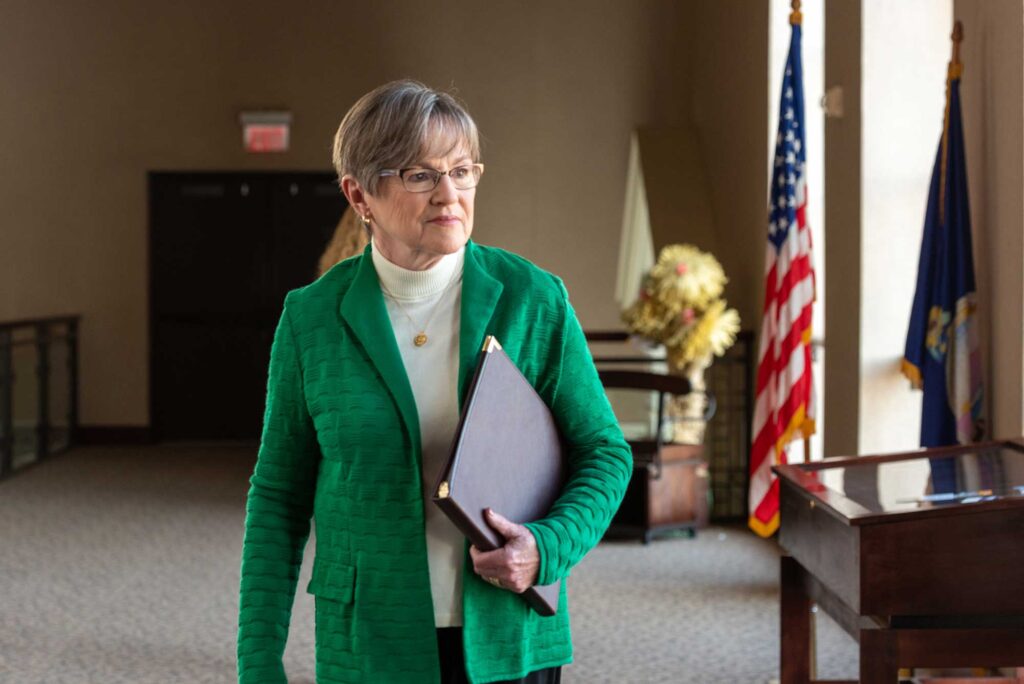Empowering Change: Effective Ways to Support Your Local Politicians
Local politics often serve as the cornerstone of democracy, representing the voice of communities and shaping policies that directly impact citizens’ daily lives. Yet, local politicians often face significant challenges in garnering support and enacting meaningful change. As members of the community, it is incumbent upon us to actively engage and support our local leaders. In this article, we explore various ways individuals can contribute to the success of their local politicians, fostering a more robust and inclusive democratic process.
Stay Informed:
- Knowledge is power. Stay informed about local issues, policies, and the positions of your elected officials.
- Attend town hall meetings, community forums, and council sessions to understand the priorities and challenges facing your locality.
- Follow local news outlets, social media channels, and official government websites for updates on political developments and initiatives.
Volunteer for Campaigns:
- Support local politicians during election campaigns by volunteering your time and skills.
- Offer to help with canvassing, phone banking, distributing campaign materials, or organizing events.
- Volunteering fosters a sense of community engagement and enables you to directly contribute to the success of your chosen candidate.
Build Relationships:
- Establish meaningful relationships with your local politicians and their staff.
- Attend meet-and-greet events, fundraisers, and public gatherings to connect with them on a personal level.
- Communicate your concerns, ideas, and suggestions in a respectful and constructive manner, fostering open dialogue and collaboration.
Advocate for Issues:
- Advocate for causes and issues that are important to you and your community.
- Write letters, emails, or make phone calls to your local representatives expressing your support or opposition to specific policies or initiatives.
- Collaborate with like-minded individuals and community organizations to amplify your voices and effect change.
Participate in Public Meetings:
- Actively participate in public meetings, hearings, and consultations organized by local government bodies.
- Share your perspectives, provide feedback, and ask questions to hold elected officials accountable and ensure transparency in decision-making processes.
- Encourage diverse representation and inclusivity in public discussions to reflect the needs and interests of all community members.
Support Local Initiatives:
- Support local initiatives and projects aimed at improving your community’s well-being.
- Volunteer for neighborhood clean-up drives, community gardens, or youth programs to foster a sense of belonging and civic pride.
- Patronize local businesses and organizations, contributing to the economic vitality of your locality.
Stay Engaged Between Elections:
- Political engagement should not be limited to election seasons. Stay actively engaged throughout the electoral cycle.
- Keep track of your elected officials’ actions, voting records, and policy proposals.
- Hold them accountable by providing feedback, attending public meetings, and advocating for meaningful change on an ongoing basis.
Conclusion
Supporting local politicians is essential for nurturing a vibrant and responsive democracy. By staying informed, volunteering for campaigns, building relationships, advocating for issues, participating in public meetings, supporting local initiatives, and staying engaged between elections, individuals can play a crucial role in empowering their local leaders and effecting positive change in their communities. Let us commit to active citizenship and collaborative action, working hand in hand with our local politicians to create a better future for all.

